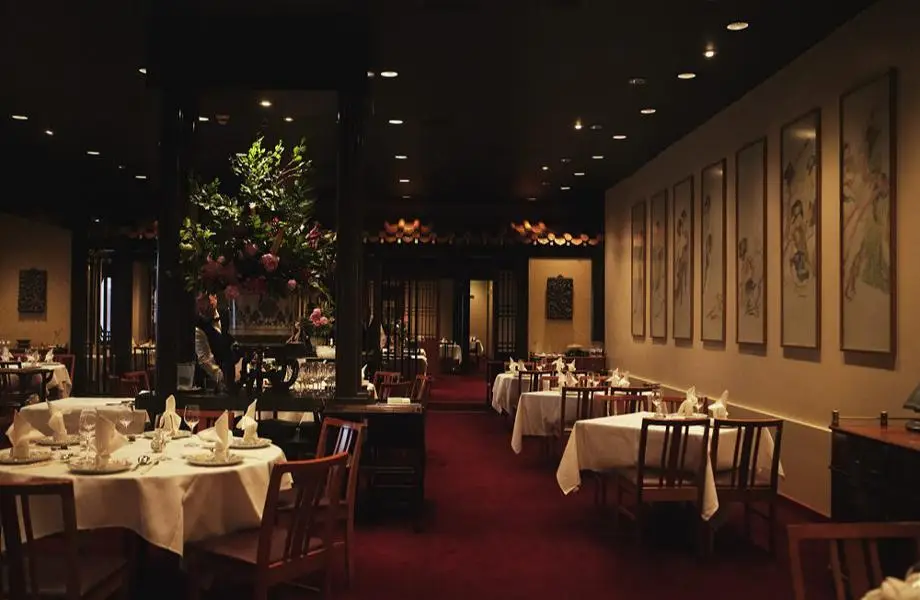Victoria
WELCOME TO Victoria
State Overview
Melbourne
227,416 km2
6.8 million
English
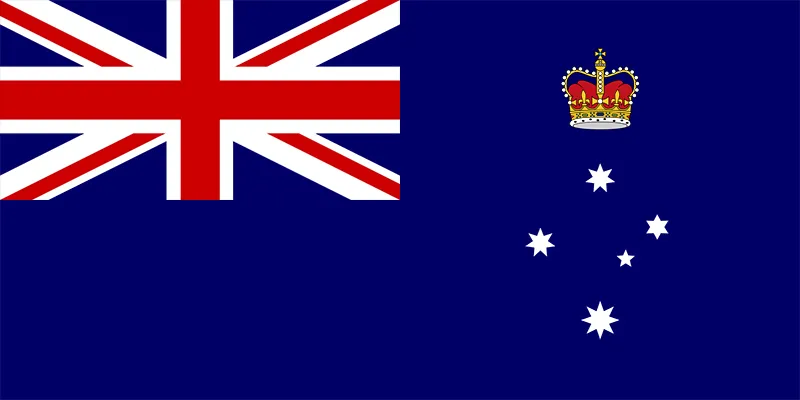
Popular
Geography and Tourist Attractions
Information about the state's tourist attractions, including popular destinations, events, and activities.
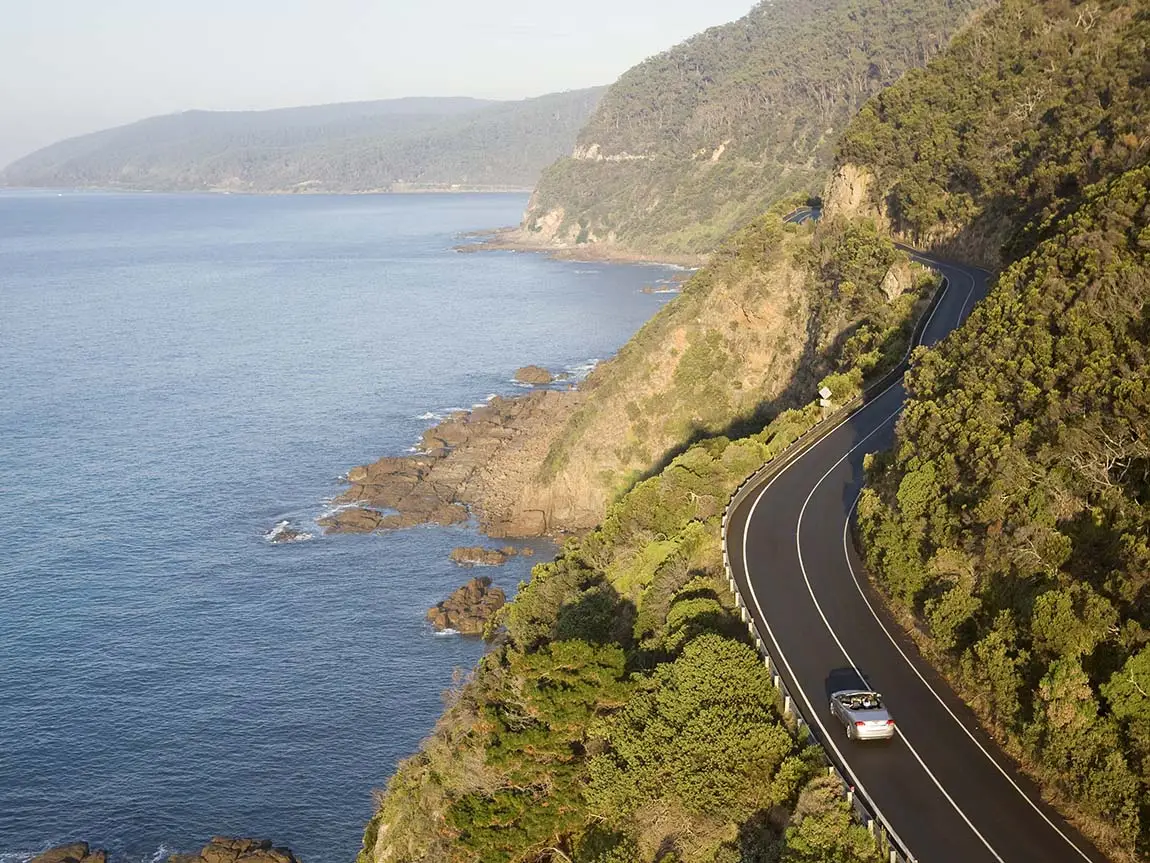
Great Ocean Road
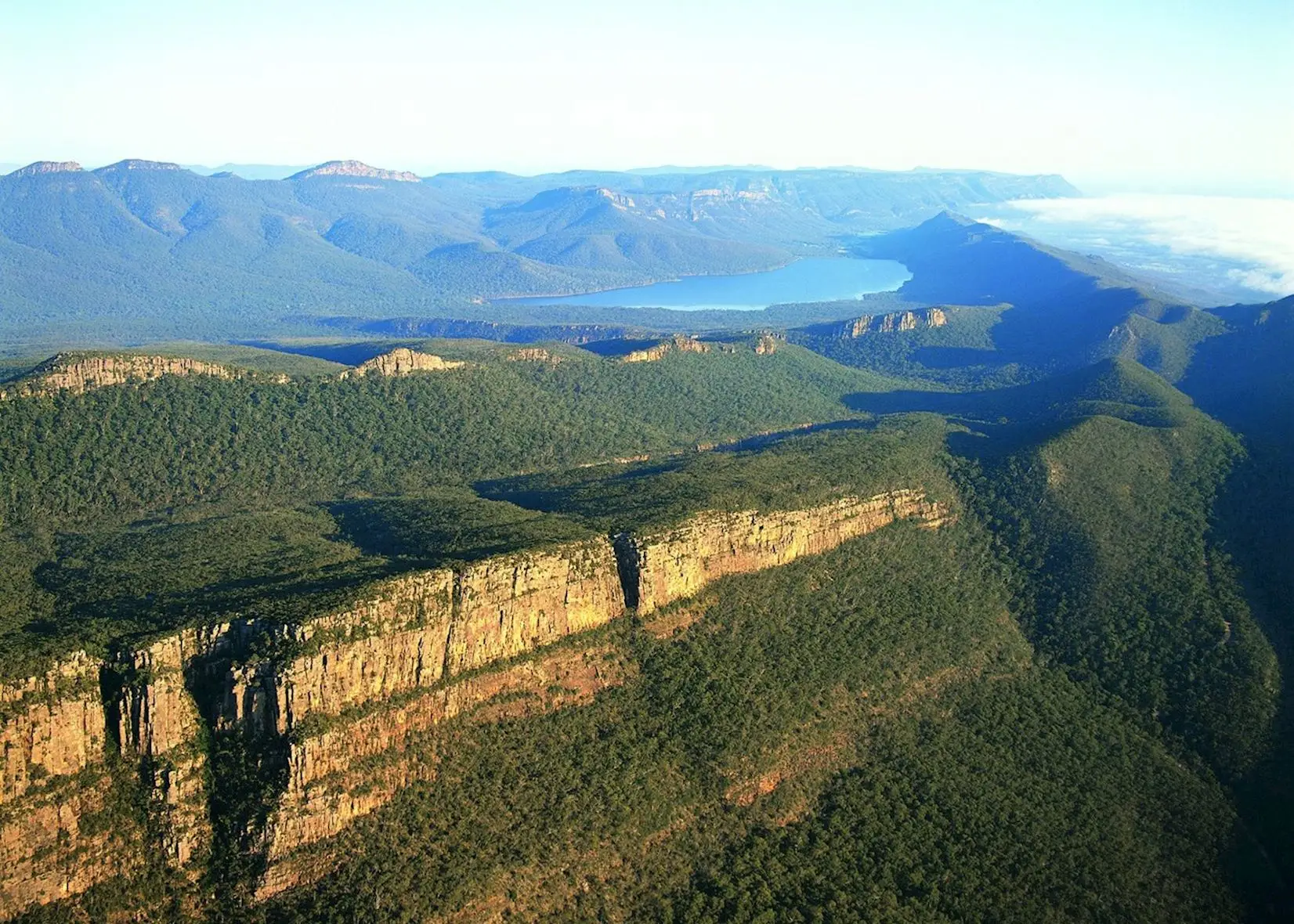
Grampians National Park

Phillip Island
Political
Economy and Government
Victoria, a state in Australia, boasts a strong and diverse economy supported by various sectors. The state's economy is characterized by a blend of industries, including services, manufacturing, construction, agriculture, and tourism. Melbourne, the capital city, serves as a major economic hub and is home to numerous national and international businesses.
The Victorian government plays a crucial role in fostering economic growth and development. It implements policies that support innovation, infrastructure development, and investment attraction. The government's initiatives focus on areas such as education and skills development, research and development, renewable energy, and advanced manufacturing.
Victoria's education sector is highly regarded, with renowned universities, research institutions, and vocational training centers. This emphasis on education contributes to a skilled workforce and promotes innovation and entrepreneurship.
The state government also invests in infrastructure projects to enhance connectivity and support economic activity. Major infrastructure developments include transport networks, such as roads, rail, and airports, as well as the expansion of ports and utilities.
Additionally, tourism plays a significant role in Victoria's economy, with attractions like the Great Ocean Road, Phillip Island, and vibrant city life drawing visitors from around the world. The government actively promotes tourism and works to preserve the state's natural and cultural heritage.
Overall, the government of Victoria focuses on fostering economic diversity, supporting innovation and education, and investing in infrastructure to ensure sustainable growth and prosperity for the state.
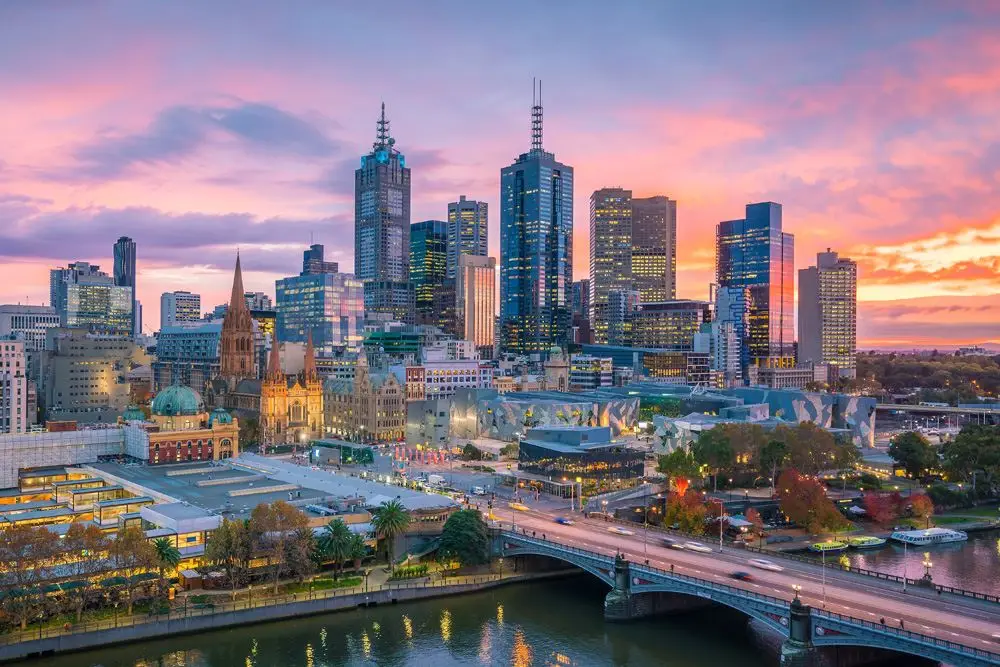
History
History and Culture
Victoria, a state in Australia, has a rich history and vibrant culture that have shaped its identity. The area now known as Victoria was traditionally inhabited by Aboriginal peoples for thousands of years before European settlement.
European exploration of the region began in the early 19th century, and in 1835, the area was settled by European colonists led by John Batman. This marked the foundation of Melbourne, which quickly grew into a bustling city.
The discovery of gold in the mid-19th century sparked a gold rush, attracting immigrants from around the world and fueling Victoria's rapid growth. The gold rush era left a lasting impact on the state, evident in the grand architecture and cultural institutions of Melbourne.
Victoria has a thriving arts and cultural scene, with numerous museums, galleries, and theaters. Melbourne, in particular, is known for its vibrant street art, multicultural festivals, and world-class cuisine. The city hosts major events like the Melbourne International Comedy Festival and the Australian Open tennis tournament.
The state also values its Indigenous heritage and works towards reconciliation. Aboriginal cultural sites, art, and storytelling are celebrated and preserved, allowing visitors to learn about the deep connection between the land and its traditional owners.
In summary, Victoria's history is characterized by European settlement, the gold rush, and subsequent multiculturalism, while its culture embraces diversity, arts, and a recognition of Aboriginal heritage.
HOTELS
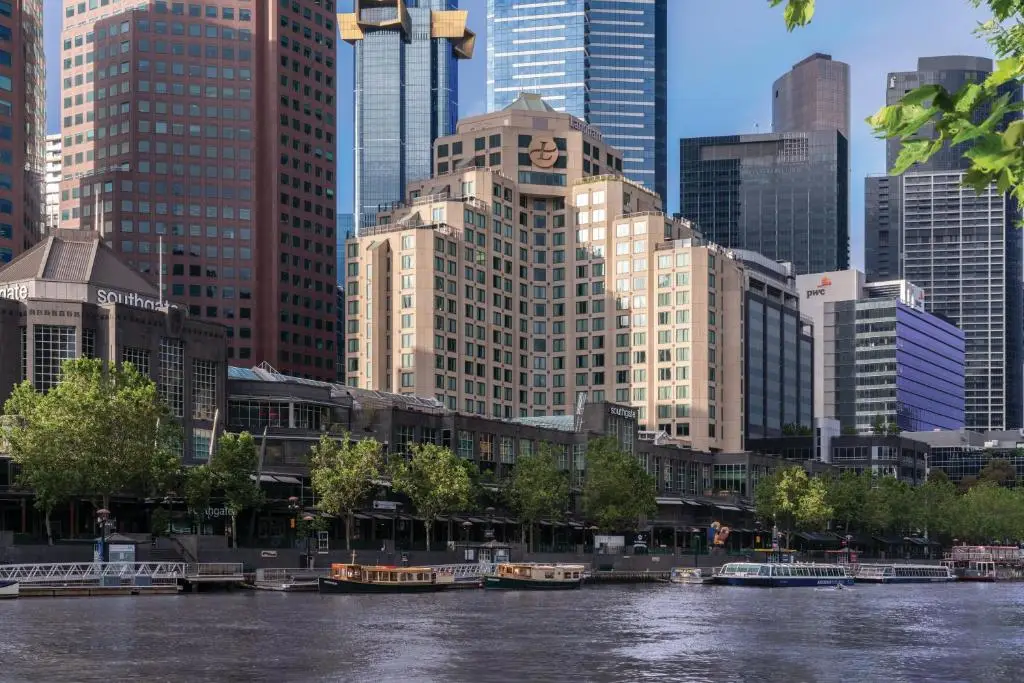
The Langham, Melbourne
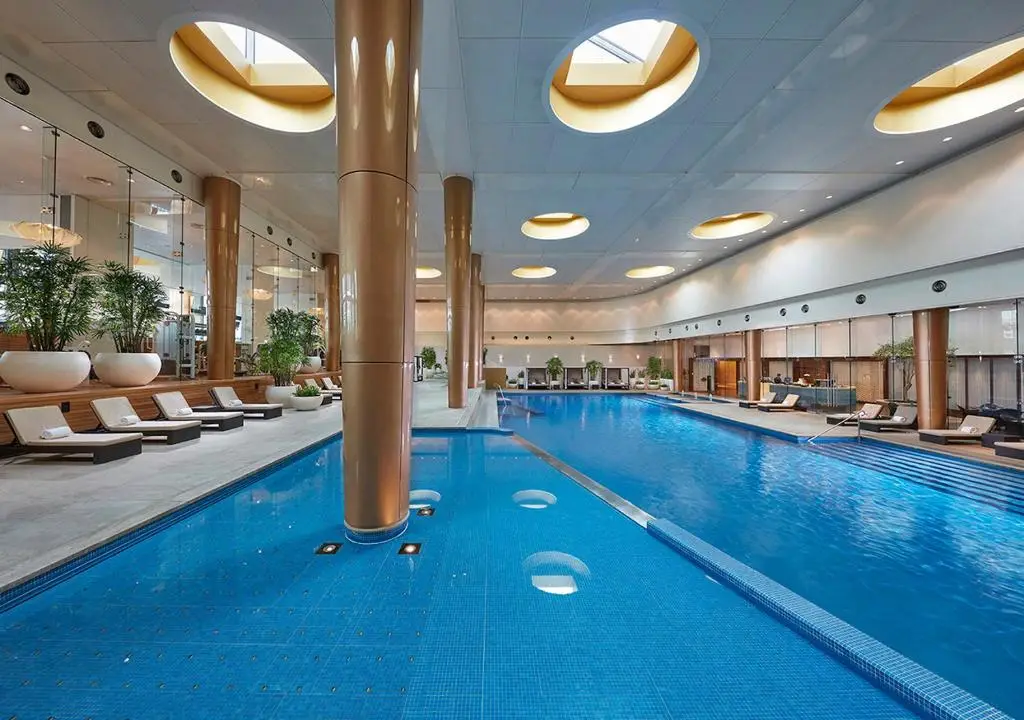
Crown Towers Melbourne
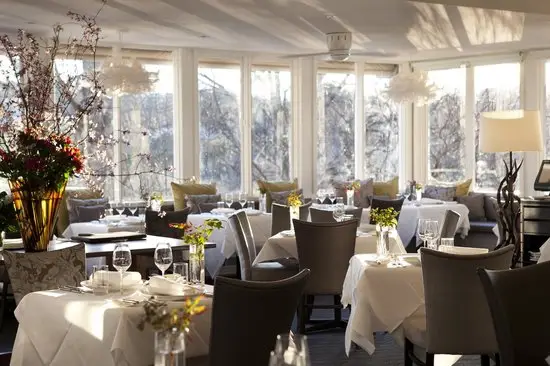
Lake House, Daylesford
RESTAURANTS
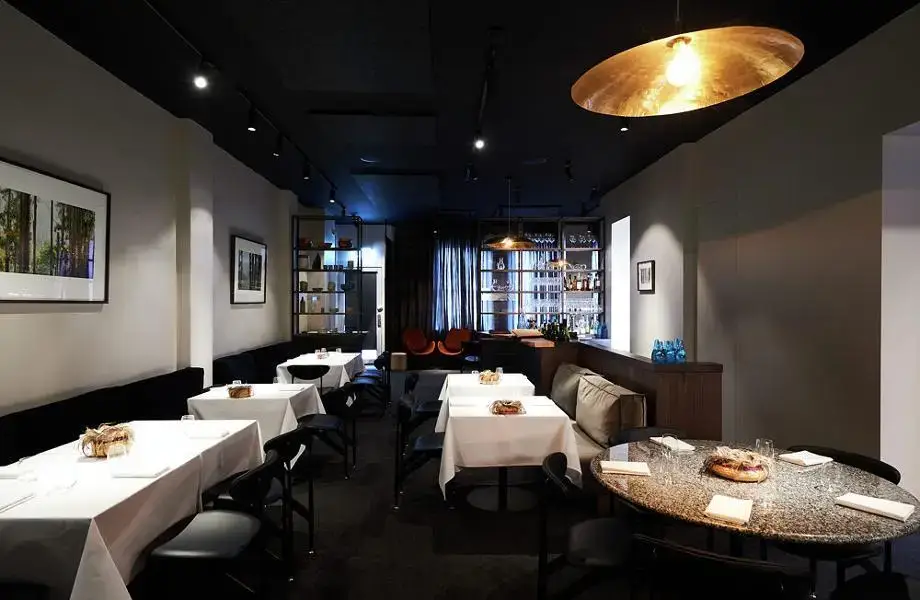
Attica, Melbourne

Brae, Birregurra
